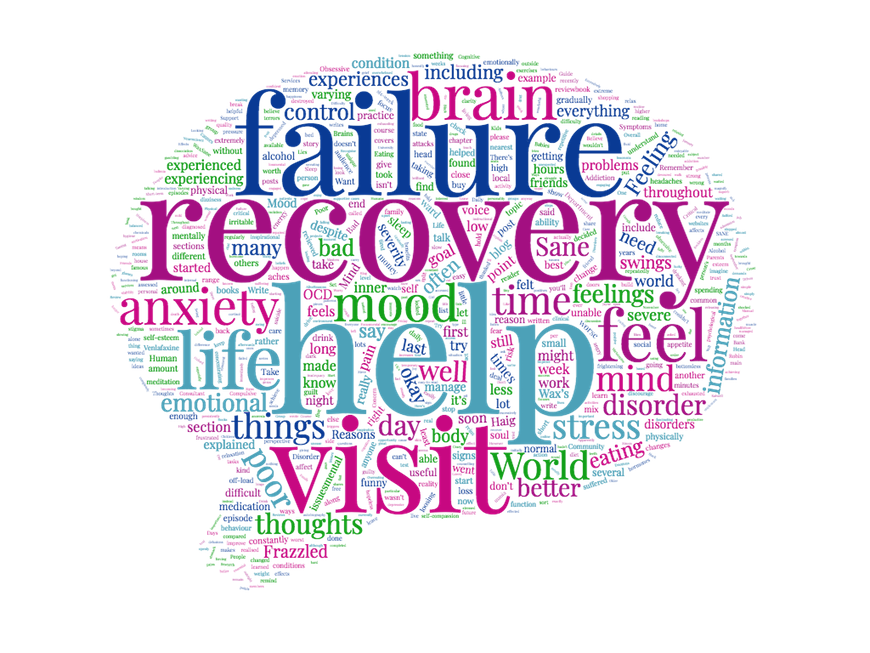
Image From & Copyright © BBC, 2018.
I’ve loved the most recent season of Dr Who. The lead role has been brilliantly played by Jodie Whittaker. There was some controversy about the role being played by a woman, to me I just thought: why is it even an issue?
There have been some fantastic themes through out the series. Here are the themes I’ve spotted in each episode:
Episode 1 – The Woman Who Fell to Earth
- Diversity – It should be recognised and celebrated. Whether diversity comes from race, learning difficulty or sexuality (mentioned in episode 2). Shown in character representation, characters universal acceptance and appreciation different others.
- We’re stronger working together as a team, than we are as separate individuals.
- Only idiots carry knifes – A direct quote from the Doctor, probably in direct response to the rise in knife crime in the capitol London.
Episode 2 – The Ghost Monument
- A Leader reassures, motivates and has the backs of their team. Shown in how Dr Who treats members of her team.
- Brains Beat Bullets – A direct quote from the Doctor. Prior to this Doctor states: You’ve got to outthink the enemy. and after the direct quote above another: Guns make things worse.
Episode 3 – Rosa
- Standing up for Equality – The story of Rosa Parks (see The Story of Rosa Parks) is all about equality and civil rights.
- How dangerous and stupid white supremacy views are, including the dehumanising affect they have.
- How racism affects the victims. Shown through character conversation behind the bin.
- How a single person can change the world and the universe forever.
Episode 4 – Arachnids in the UK
- Is he Ed Sheeran? – A direct quote from the Doctor. Even the Doctor knows who Ed Sheeran is, even if she doesn’t know what he looks like.
- Irresponsible businesses and their leaders that care about the bottom line – profit – rather than doing the right thing are bad for all. Their employees, citizens living close to the businesses and the community as a whole.
- Guns are bad.
- Cruelty is never necessary.
- Treat all living things with dignity and respect.
- Togetherness is better than loneliness.
- Grief takes time, lots of time.
- Team TARDIS – Friendship that is built on mutual respect and coming together in a crisis, is too valuable to let go of and should be cherished.
Episode 5 – The Tsuranga Conundrum
- The Doctor doesn’t mind admitting when she’s wrong.
- The Doctor see’s all problems as puzzles to be solved.
- The Doctor loves anti-matter drives, the concept and the actuality.
- Dad’s don’t have to be perfect. But they should be there for their child and involved in their life.


Image From & Copyright © BBC, 2018.
Episode 6 – Demons of the Punjab
- A fixed event in time can’t be stopped.
- Things are not always what they seem.
- There’s nothing worse than when ordinary people lose their minds.
- The Doctor believes in love in all its forms. The Doctor thinks love is a form of hope – Direct quote from The Doctor.
Episode 7 – Kerblam!
- Always answer a call for help. Observed by The Doctor always answering calls for help.
- The best managers, the really good ones, value their staff, and know instinctively if someone’s in trouble or if they need help. A direct quote from The Doctor.
- You should be worthy of the job or position you hold.
- The Doctor doesn’t like bullies, conspiracies or danger, said to Yaz by The Doctor.
Episode 8 – The Witchfinders
- History has sometimes been hard to women.
- We’re all the same. We want certainty, security. We want to believe that people are either evil or heroic, but that’s not how people are. A Direct Quote from The Doctor.
- True knowledge has to be earned.
- Start with the mysteries of the heart.
Episode 9 – It Takes You Away
- The Doctor loves her sonic.
- Some people will sacrifice almost anything to see and be with dead loved ones.
- The living must let go of the dead and continue to live their life. They can still remember them, it’s just not good to live in the past.
- Friends help friends face up to the truth, not hide from it. A direct quote from the Doctor.
- The sheep revolution is just over 100 years away :).
Episode 10 – The Battle of Ranskoor Av Kolos
- Doctor Who doesn’t like vengeful murder or the talk or the threatening of it.
- The Doctor is fine destroying anything that can be rebuilt. Buildings and the like.
- Following blind faith is wrong.
- Rather than revenge, be the bigger man. It takes great strength to do this.
My Hopes for Series 12
More aliens and travel to other worlds. Essentially more Sci-Fi.
Write soon,
Antony







A great introductory article on candle magic :)
Hi Sofia, Thanks for the comment. I bought that in Glastonbury and he was a real find. I bought him…
Hi! I know this was posted ages ago and so a response may be rare but my dad has been…
Hi Ruth, Thanks for the comment. He might well have been. A x
Hi! Watching video and interviews with Charlie Watt, it had me wondering if he might have had Aspergers/ been on…